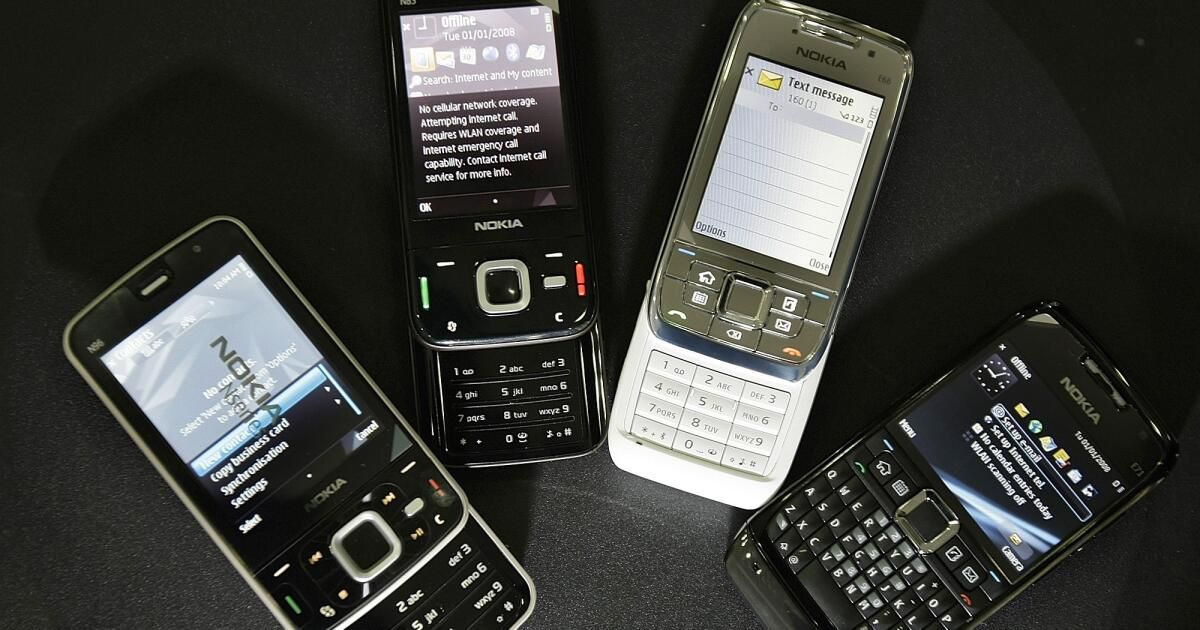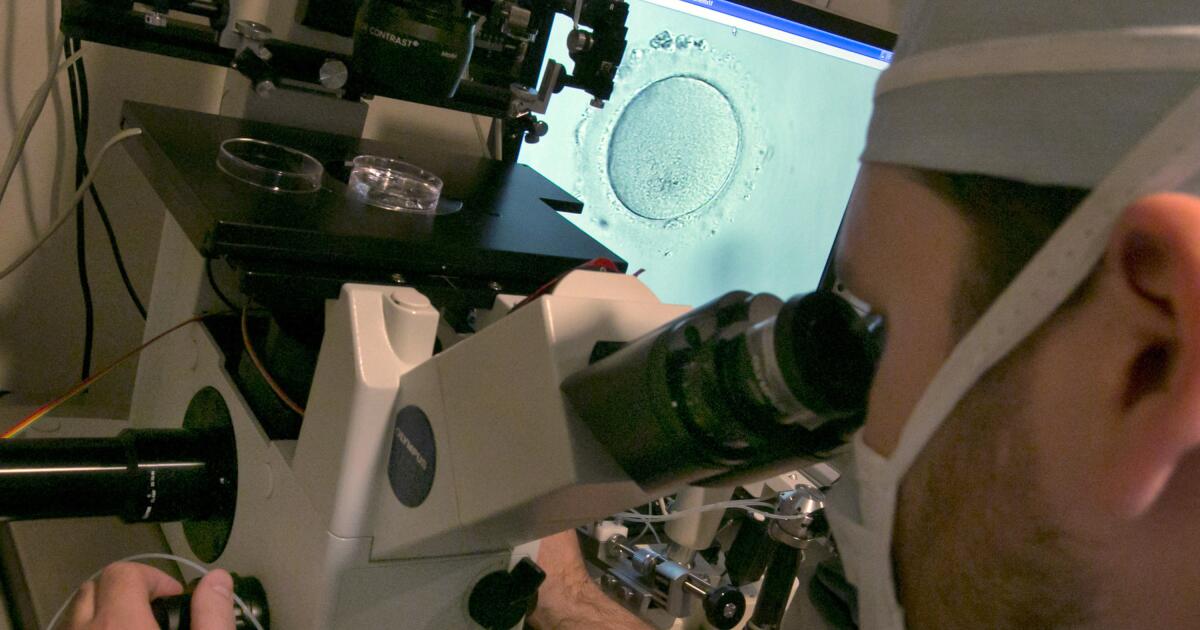About three months ago, I bought a flip phone and turned off my smartphone forever.
I'm part of a trend (interest in vintage flip phones is increasing), but I don't feel trendy. When I open my phone in a hallway at the high school where I am principal, a student literally makes the sign of the cross. Another simply says, “Oh no.”
Another asks: “Why did you punish yourself?” But I don't feel punished. I feel free.
Kids and their phones are different (closer) since COVID. That first year after the pandemic, one child spent 17 hours in front of a screen in a single day. Another tried to get UberEats delivered in a classroom. Teachers said they could feel children's phones distracting them from inside their pockets.
We banned phones entirely and equipped classrooms with safes that kids call “cell phone prisons.” It's not perfect, but it's better. One teacher said, “It's like we have the kids back.”
At school yes, but what about anywhere else? Compass Health Center in Chicago has a Children's Screen Dependency Program to help children “learn to tolerate periods of separation from the screen.” A phone addiction camp in Pennsylvania promises to help young people “rediscover who they really are.”
And what about adults? Ninety-five percent of young adults now keep their phones close every waking hour, according to a Gallup poll; 92% do it when they sleep. We look at our phone an average of 352 times a day, according to a recent surveyalmost four times more often than before COVID.
We want kids to put their phones down because we want them to be present, but kids need our presence too. When we are on our phones, we are somewhere else. As the title of one study points out, “The mere presence of the smartphone itself reduces the available cognitive capacity.”
Our after-school director told me, “I just want parents not to use their phones when they pick them up. I just want them to look for that moment when their children see them for the first time.”
I spent an average of six hours of screen time a day on my smartphone. My 12-year-old son said, “I called you three times and you didn't listen to me.” My 10 year old son said, “I can tell you're looking at your phone by the sound of your voice.”
I made my screen gray. I deleted social media. I bought a safe and said I would keep my phone there. I did not do it.
When they were little, my kids loved to play a game where they would hide under the covers while I asked out loud, “Where is it?” Then they would throw off the blankets and shout: “Here I am! “I was here the whole time.”
How much of their lives have I missed while staring at my screen?
Every year I see kids pick up phones and disappear into them. I don't want that to happen to mine. I don't want that to have happened to me.
So I left it. And now I have this flip phone.
What I don't have is Facetime or Instagram. I can't use Grubhub, Lyft, or the Starbucks mobile app. I don't even have a browser.
I drove to a student's house quinceañeraand I had to print the addresses as if it were 2002.
My 8-year-old niece touched my screen with her finger, which does nothing, and looked at me very pitifully. “You have the most boring phone ever,” she said.
I can still make calls, although people are surprised to receive one. I can still text. And I can still see your photographs, although I can only “heart” them in my heart.
The magic of smartphones is that they eliminate friction: touch screens, auto-playing videos, endless scrolling. My phone is not smooth. That breaks the spell.
Turning off my smartphone didn't solve all my problems. But I do notice that my brain moves more deliberately, switching less abruptly between moods. I get more bored, sure, the days seem longer, but I'm deciding that's a good thing. And I'm still connected to the people I love; They just can't text me TikToks.
It's hard to imagine a revolution against the smartphone, although there are glimmers of resistance. He Attorneys general from California and 32 other states are suing Meta., claiming that their platforms Facebook and Instagram have addicted children to something harmful. Twelve percent of adults recently told Gallup that your smartphones make life worsecompared to 6% in 2015.
But I'm not doing this to change the culture. I do this because I don't want my kids to remember me lost on my phone.
Last month we went to buy his mom a birthday gift. We took a bus across town as the sun was setting. Winter was approaching and there were lights on the trees. We talked the whole way.
In the store, one of them turned around and shouted my name. “Here I am,” I said.
I was here the whole time.
Seth Lavin is a school principal in Chicago.












